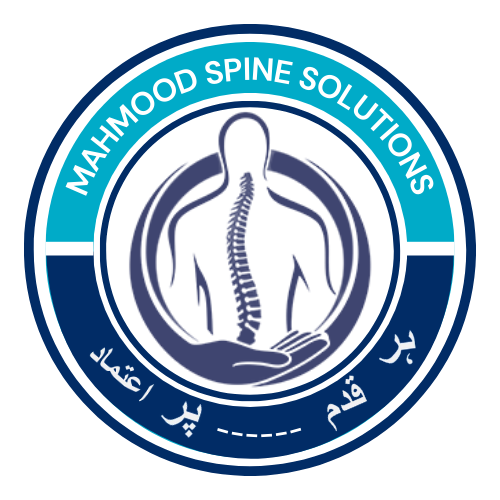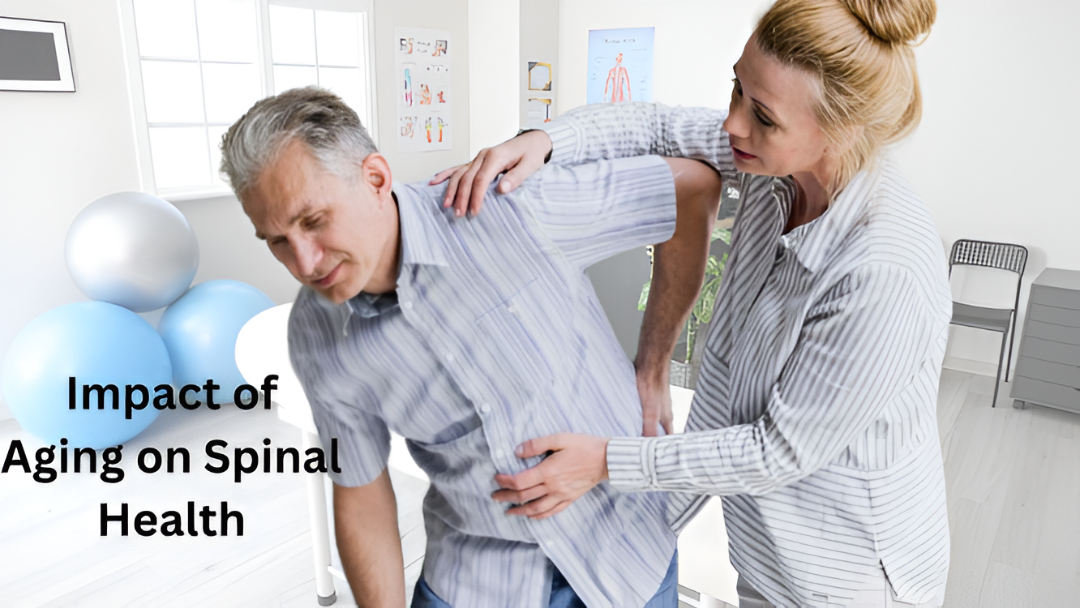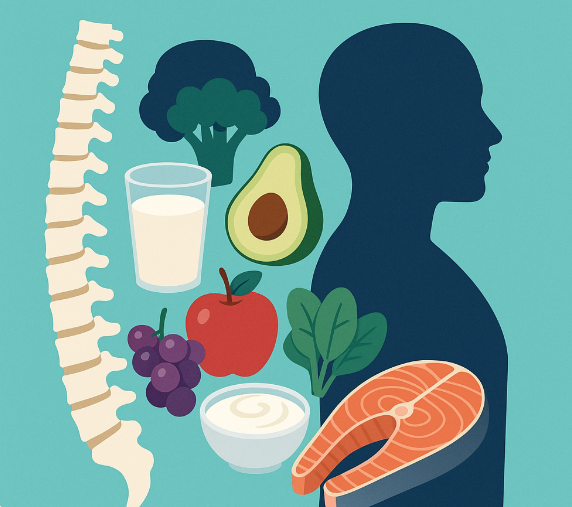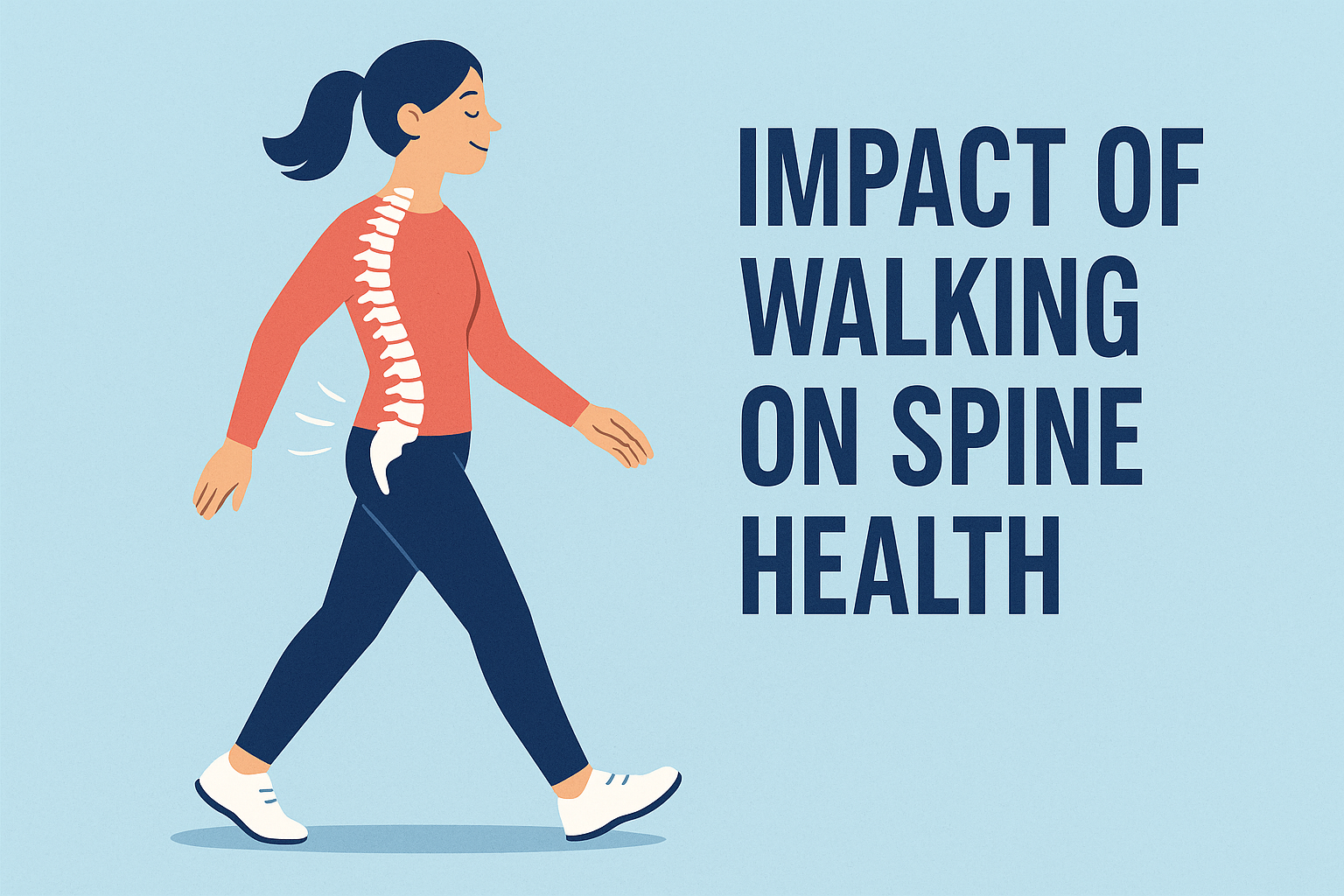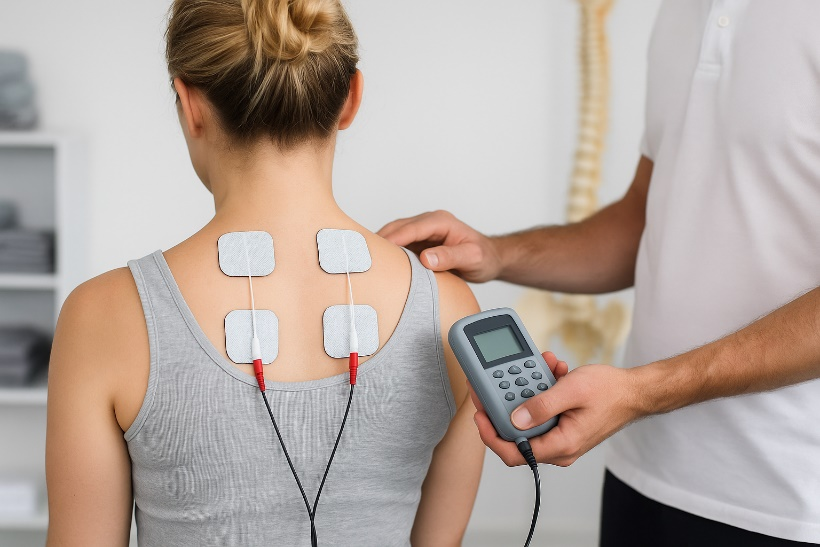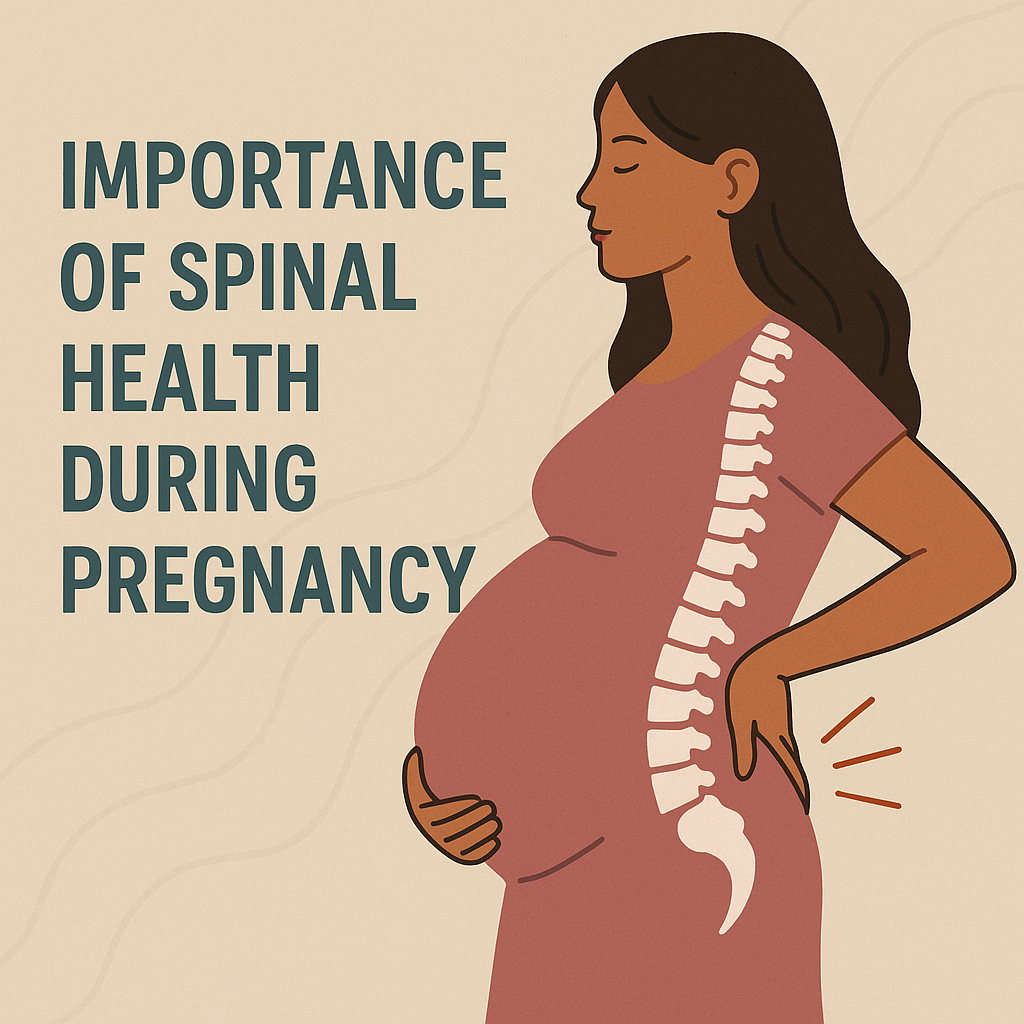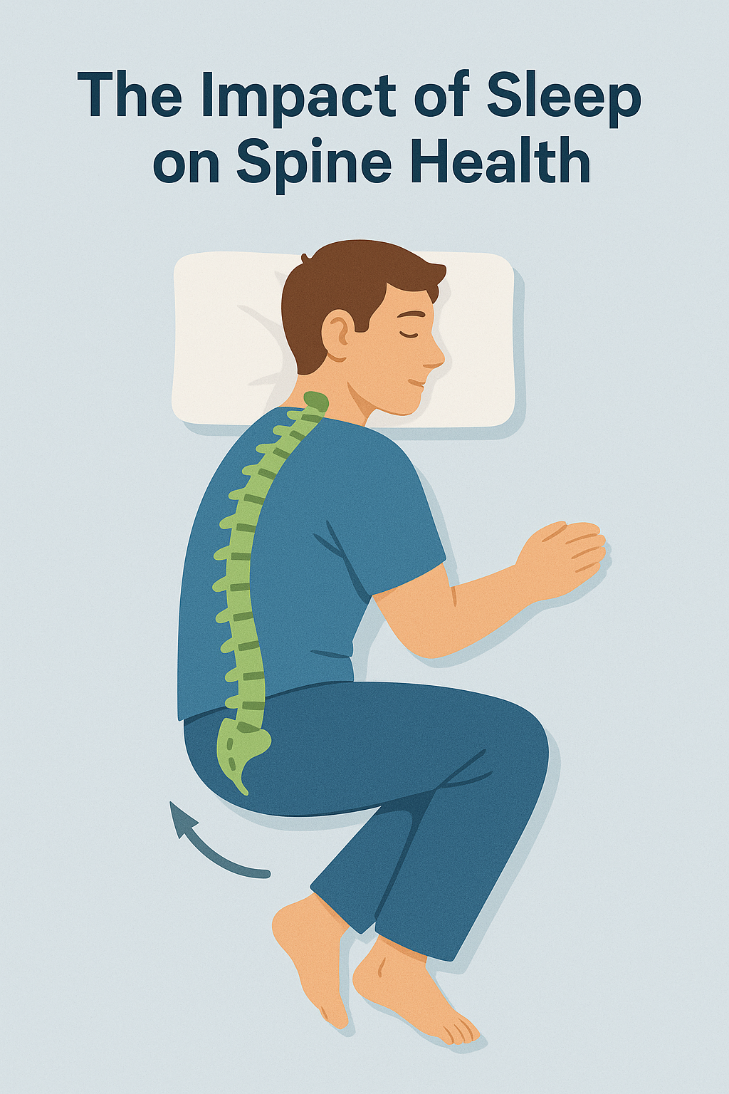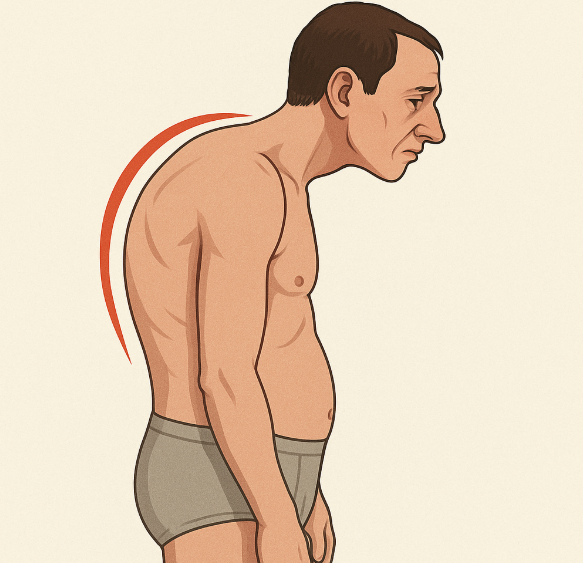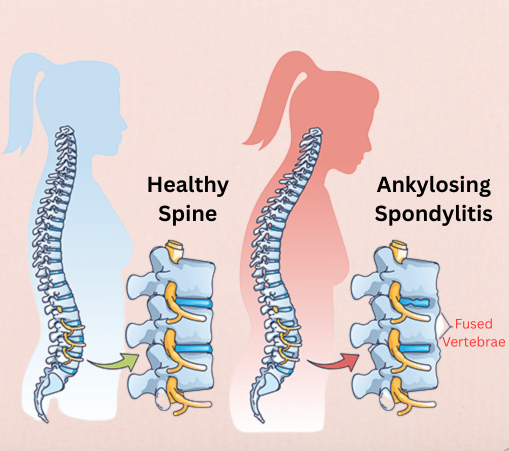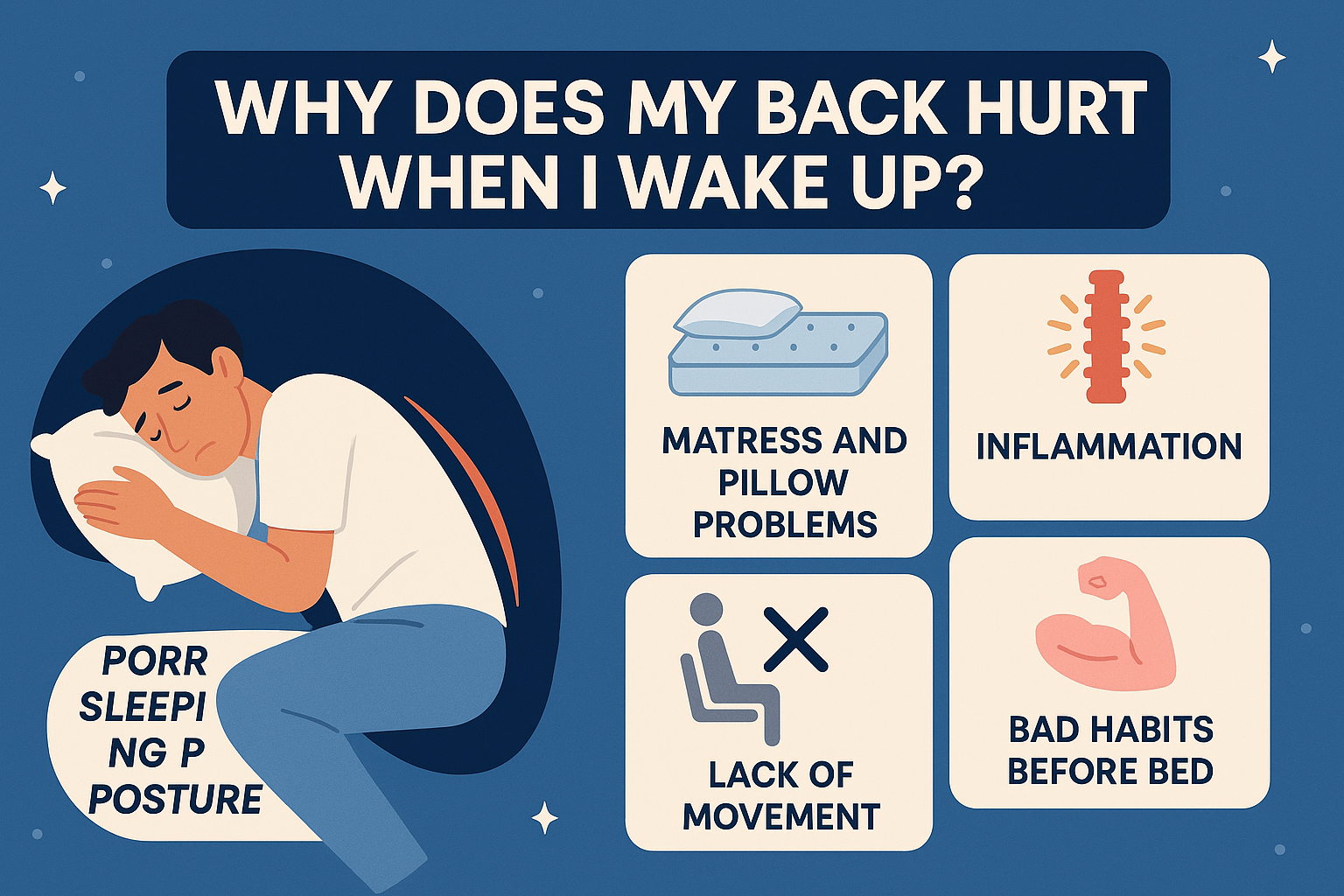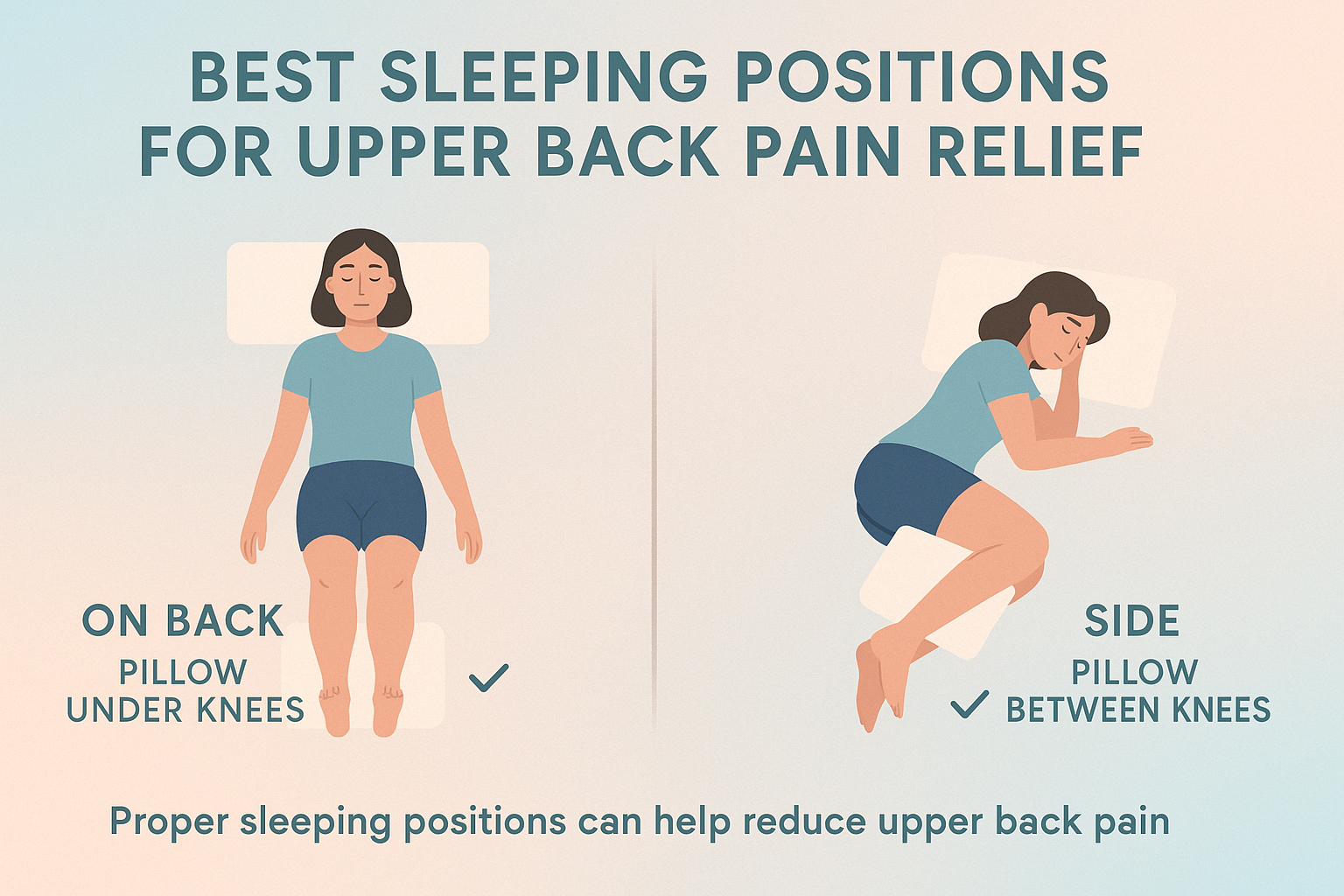The impact of aging on spinal health is marked by gradual anatomical and physiological changes throughout the body, especially the spine. This complex structure of bones, discs, joints, ligaments, and muscles undergoes natural wear and tear over time, affecting spinal…
Proper nutrition plays a crucial role in maintaining a healthy spine and preventing spinal disorders. The spine is a complex structure composed of bones (vertebrae), intervertebral discs, muscles, ligaments, and nerves—all of which require specific nutrients to function optimally. A…
The impact of walking on spine health is both significant and multifaceted. As a fundamental form of human movement, walking plays a crucial role in supporting spinal alignment, enhancing mobility, and promoting overall musculoskeletal health. This article explores the intricate…
Electrotherapy is a therapeutic modality that utilizes electrical energy to relieve pain, stimulate muscles, and promote tissue healing. In the context of spinal pain—whether due to degenerative disc disease, herniated discs, spinal stenosis, or post-operative conditions—electrotherapy can be a valuable…
The Importance of Spinal Health During Pregnancy: Pregnancy brings about profound physiological and hormonal changes that significantly impact the musculoskeletal system, particularly the spine. As the fetus grows, a woman’s center of gravity shifts forward, increasing the lumbar curve (lordosis)…
Sleep plays a vital yet often overlooked role in maintaining spinal health. Beyond relieving fatigue, quality sleep enables essential physiological processes that directly affect the spine’s structure, function, and resilience. From disc recovery to muscle repair and pain regulation, the…
Kyphosis is an excessive forward curvature of the thoracic spine, resulting in a hunchback or rounded upper back appearance. While a slight curvature is normal, kyphosis is typically diagnosed when the spinal curvature exceeds 40-45 degrees. Types of Kyphosis: 1)…
What is Ankylosing Spondylitis? Ankylosing Spondylitis (AS) is a chronic, progressive inflammatory condition that primarily affects the spine and sacroiliac joints, leading to pain and stiffness. It belongs to a group of diseases known as spondyloarthropathies and is considered an autoimmune or…
Waking up with back pain can ruin your entire day before it even begins. If you’ve ever asked yourself, “Why does my back hurt when I wake up?” — you’re not alone. Many people struggle with severe lower back pain…
Upper back pain can make it hard to get a good night’s sleep. If you often wake up with tightness or stiffness in your shoulders and upper back, your sleeping position might be to blame. Learning good sleeping positions for…
